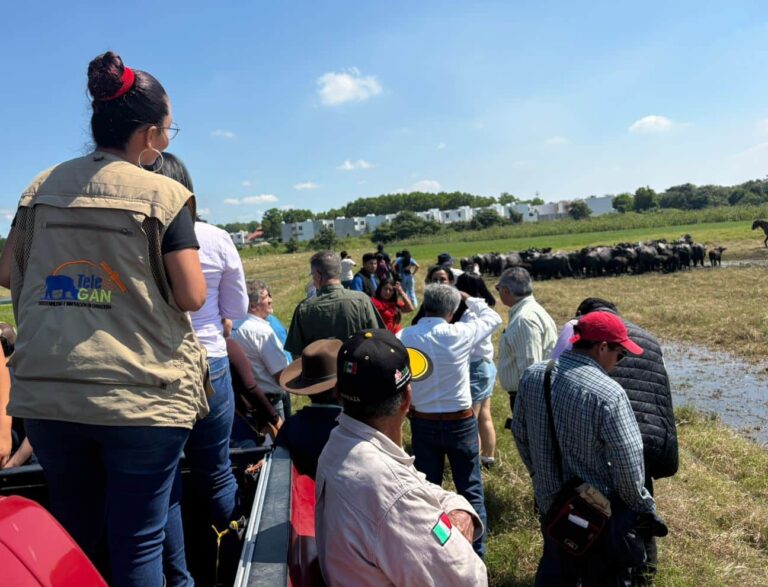A workshop was held between the authorities of Haiti and the Dominican Republic for the elaboration of a Binational Program for the Strengthening of Agricultural Health Services

Santo Domingo, Dominican Republic, February, 2018 (IICA). From February 21-23, 2018 authorities from the Ministry of Agriculture of the Dominican Republic and the Ministry of Agriculture, Natural Resources and Rural Development of Haiti met in Santo Domingo, Dominican Republic in the framework of two workshops organized to strengthen binational health agriculture and food safety in both countries. Carmelo Gallardo, Frank Lam and Guido Gómez, representatives of FAO, OIRSA and IICA, respectively, attended the event and are supporting such initiative between both nations. The activity also had the participation of technical personnel of these institutions who are involved in this field.
On December 2, 1996, Haiti and the Dominican Republic signed a Bilateral Agreement on Agricultural Health that, since its signing, has served as the basis for the management of its bilateral relations in this area. IICA served as the supporting agency for the signing of this agreement between the two countries in 1996.
The aim of the workshops was, mainly, the revision of the bilateral agreement signed in 1996 for its update and sign a Technical Cooperation Agreement on Agricultural Health and Food Safety between Haiti and the Dominican Republic, as well as to define priority areas and specific actions to be developed.
The establishment of a Binational Program for the Strengthening of Agricultural Health Services (PBSA) was also proposed to be adopted between both nations. Such Program has a 10-year execution projection, with an estimated investment budget of US$ 44, 680,000 between the two countries, for the development of the activities included in the five priority areas of the program.
Both the agricultural authorities of the Ministry of Agriculture of Haiti and the Dominican Republic requested FAO, OIRSA and IICA to update the aforementioned agreement related to agricultural health, among others, for the following reasons:
⦁ The Agreement did not include aspects related to food safety;
⦁ The mechanisms to be established by the ministries of both countries for the sustainability, operability and the availability of resources were not defined in a timely manner in the 1996 Agreement;
⦁ An effective bilateral program on agricultural health and food safety between the two countries was not being implemented, with occasional weakness in the implementation of these programs, mainly in the border area.
The signing of the Agreement is scheduled to take place in March 2018.
More information: Dr. Dileccio Vanderlinder, Specialist in Agricultural Health and Food Safety, dileccio.vanderlinder@iica.int











